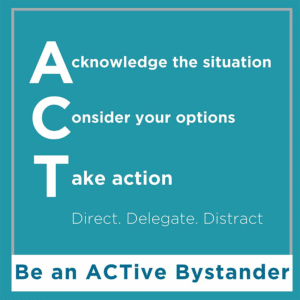#VolsHelpVols
It is important to look out for yourself and your fellow students’ well-being. Your friend might be very overwhelmed one day and you might be doing a great job at consoling them, but are you also making sure to take time for yourself? How do you handle your own stress?
Make a conscious effort to check in with the students around you; see if they are going to their classes if they seem withdrawn if they are making time for themselves, and more. Then have the same check-in with yourself; are you checking all those same boxes? If you need help beyond yourself and your friends, the Student Counseling Center is a great resource on campus, along with your RA’s, chapter leaders, or advisor.
There are many resources around campus to help students be successful in not only their academics but with their personal lives as well. The VOLS 2 VOLS peer health educators provide programs and host events throughout the year surrounding interpersonal wellness, sexual health, alcohol education, and general wellness.
#VolsACT

If you go out at night with your friends, the number one thing you can do is stick together. Don’t leave your friends alone, and make sure they are not going to leave you alone. In addition to not letting your friend go home alone, be sure they do not go home with someone they barely know as well. If something seems off with your friend, keep them close to you and check in with them.
If you are out and you choose to drink, make sure you and the people you are with have a plan for how to get home. Make sure you keep an eye on who you are with to make sure they are staying safe during alcohol consumption, and do not be afraid to ask others for help if needed. If you notice that drinks are being heavily encouraged or pushed on someone who is declining them, take charge and try to redirect the situation at hand.
This is where you can step in and help. The bystander effect is when someone witnesses a bad situation happening but does not take action due to thinking that someone else will do it, or already has. Unfortunately, this happens more often than it should when scary situations arise. Try to break this mold! If you see something bad happening, try to get help; even if the situation is already being handled, it is better to be safe than sorry. You might not know what to do or say when faced with a situation that could benefit from you stepping in. Here are some tips on how to be an active bystander:
- Speak up. Don’t be afraid to stand up for yourself or someone else that is in a sticky situation.
- Gather support. Turn to those around you for help when you need it, or if you think someone else might.
- Distract. Try to help students involved in a dangerous situation by redirecting them to come to another room with you.
- Encourage others. By taking these steps, you can lead by example and help others to do the same when they see someone involved in a bad situation.
Remember, Vols ACT:
- Acknowledge the situation.
- Consider your options.
- Take action.
For more information, visit the Center for Health and Wellness to read more or chat with a staff member.
 Elizabeth McCarthy is a senior from Philadelphia, PA, majoring in public relations with a minor in business management. She has a passion for graphic design, social media and writing, and her favorite thing to do at UT is attending football games with her friends. She plans to move to Nashville after her graduation in May to pursue public relations and marketing.
Elizabeth McCarthy is a senior from Philadelphia, PA, majoring in public relations with a minor in business management. She has a passion for graphic design, social media and writing, and her favorite thing to do at UT is attending football games with her friends. She plans to move to Nashville after her graduation in May to pursue public relations and marketing.
